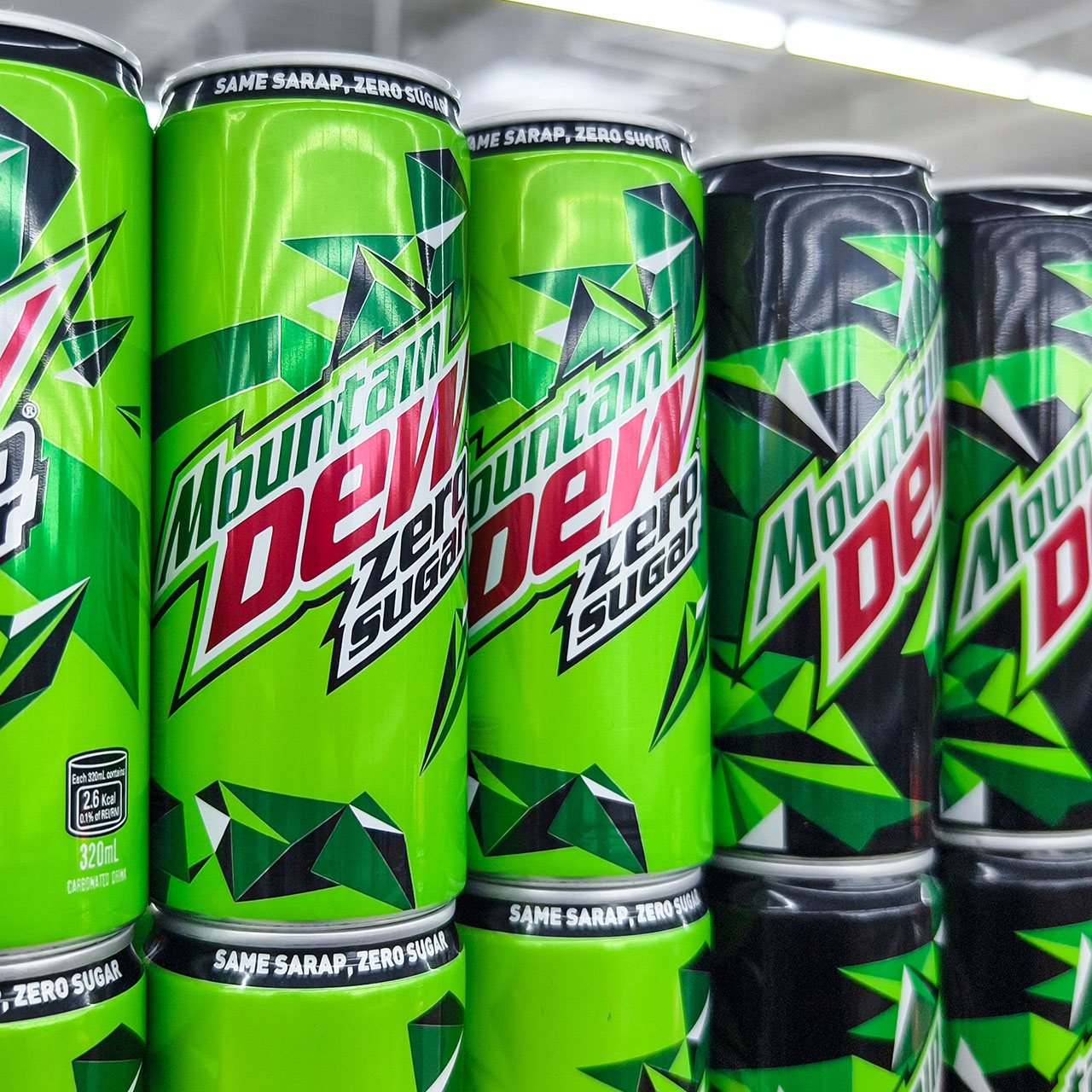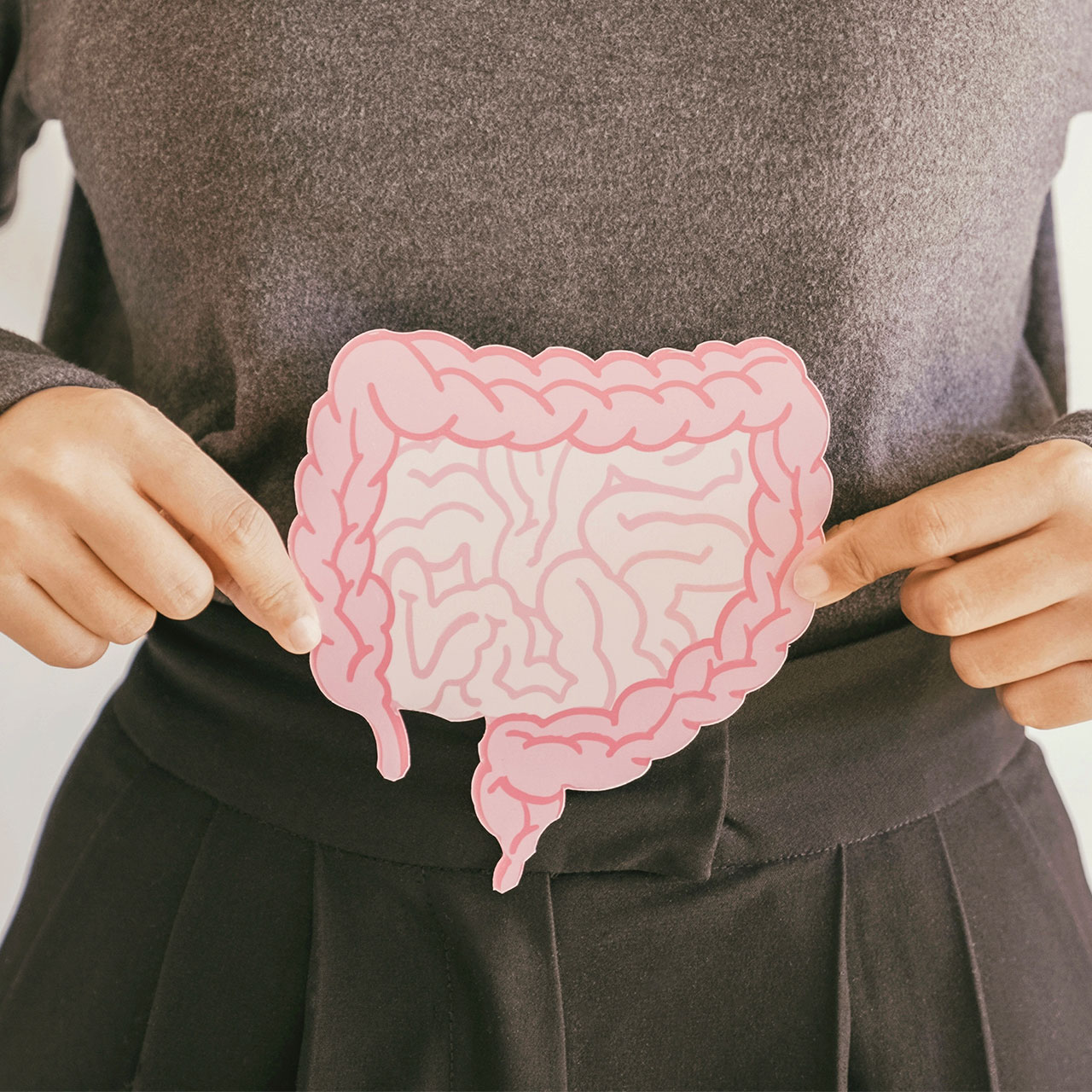Maintaining liver health is crucial for overall well-being, and while many turn to supplements for a range of health benefits, not all of them are great for you. In fact, many supplements out there can actually be dangerous, especially when it comes to your liver. For this reason, it’s important to be aware of the risks at hand.
In a recent TikTok video, Naturopathic Doctor Janine Bowring highlighted three supplements that she considers detrimental to liver health: Oregano oil drops, vitamin A, and vitamin E. Below, we’ll delve into each one and outline the concerns raised by Dr. Bowring.


1. Oregano Oil Drops
Dr. Bowring starts her list with a surprising supplement: oregano oil drops. Although some people take oregano supplements to reap benefits like anti-inflammatory effects, digestive health, respiratory health, blood sugar regulation, and more, drops aren't the best way to go. She cautions against relying on oregano oil in this form, emphasizing the importance of opting for the whole plant instead. "This is something that I don’t want to recommend. You want to take the whole plant if you want to take oregano, not the drops because it can be hard on the liver, especially if it’s not emulsified," she says.
The liver plays a crucial role in metabolizing substances, and certain compounds in oregano oil may pose challenges for the organ. While oregano is generally considered safe when consumed as part of a balanced diet, caution should be exercised when using concentrated forms like oil drops, as Dr. Bowring suggests.

2. Vitamin A (Retinol)
Moving on to the second supplement, Dr. Bowring raises concerns about vitamin A, also known as retinol. She highlights its potential toxicity, especially in high doses. As Dr. Bowring points out, it's "not great for your liver health. It can be highly toxic. It’s fat-soluble, and the hepatitis foundation international said that taking more than 3,000 micrograms of retinol activity equivalents daily is toxic for your liver."
While vitamin A is essential for various bodily functions, including vision and immune health, it is crucial to obtain it in the right amounts from dietary sources. Excessive reliance on supplements may lead to adverse effects, as highlighted by Dr. Bowring.

3. Vitamin E
The third supplement on Dr. Bowring's list is vitamin E, another fat-soluble vitamin. Contrary to its reputation as a powerful antioxidant, she suggests that vitamin E can become toxic to your liver when taken in excess. "Vitamin E is also not great for the liver because it is fat-soluble and can become like a pro-oxidant in your body at as little as 4,000 international units daily," she warns.
While vitamin E is known for its antioxidant properties, balance is key. Consuming excessive amounts through supplements may tip the scales and lead to unintended consequences, potentially impacting liver health.

The bottom line
Overall, Dr. Janine Bowring's emphasis on obtaining nutrients from whole food sources rather than supplements aligns with the broader approach of holistic nutrition. Of course, not all supplements are terrible for you. However, before incorporating any supplement into your routine, consulting with a healthcare professional is crucial to ensure that it aligns with your individual health needs and does not pose any risks to your liver or overall well-being.
READ MORE: The Potentially Dangerous Painkiller That Could Lead To Liver Damage


























